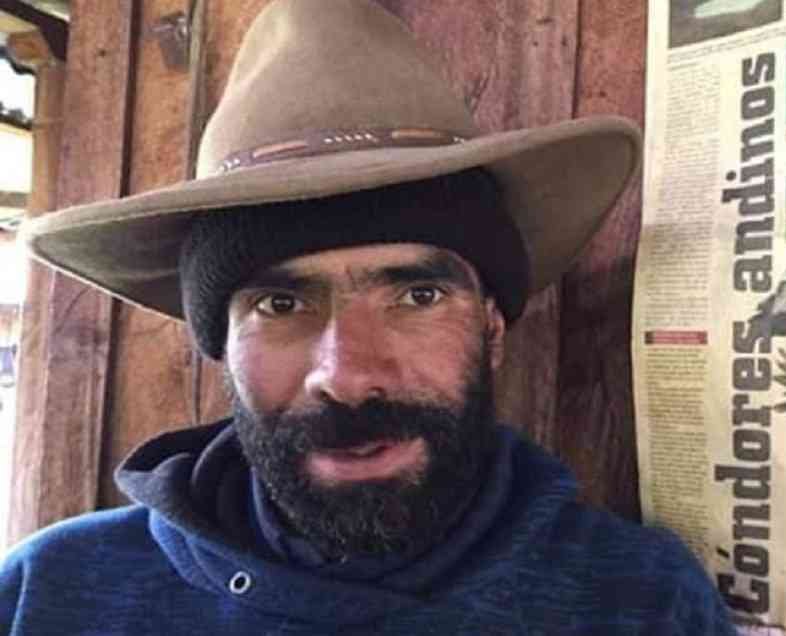Carlos Aldario Arenas Salinas, was a farmer and inhabitant of the Santa Isabel wasteland, was working to ensure that Tolima became one of the main entrances to the Nevados National Natural Park. He was a defender of water and protected the condors.
In circumstances that are still to be established, the environmental leader Carlos Aldario Arenas Salinas was killed in northern Tolima. He was one of the promoters of the Condor Route, a recognized environmental and ecotourism project that not only seeks to facilitate the sighting of this threatened species but highlights the culture, customs and traditions of the coffee town, through community tourism. He was a local guide.
« Cejas« , as his friends called him was 44 years old. He loved the moor and did what he could to defend it. The first versions around his death suggest that he had had problems with a neighbour about the illegal cutting down of trees which he had denounced to the departmental authorities.
Environmental activist Katherine Ariza said that “he was a defender of water, the Frailejones Valley and the animal species of the Páramo. He loved the Páramo so much that he fought for its preservation until the end, risking his life. It looks like he was killed last night by an armed group in the Totarito sector. «
So far, what is known is that he was attacked by two armed men who arrived at Finca El África and shot him indiscriminately, killing him instantly. Tolima police commander Colonel Rodolfo Carrero confirmed that the attack took place 10 hours from the town center of the municipality of Santa Isabel, in the northern part of the region that borders the department of Risaralda.
Jorge Rojas Rodríguez, former secretary of Social Integration of Bogotá, said in his twitter account that Carlos was a leader who wanted water and not gold and whose work was focused on caring for the Santa Isabel Páramo.
The murder of this leader joins the many others who in recent days have been shot down, for defending their territories or the resources found in them. It is worth noting that last year 24 environmental leaders were killed in Colombia, according to the Global Witness annual report. This figure made the country the second most dangerous for those who are dedicated to protecting the territory and fighting for environmental interests, a compelling reason for the government to sign the Escazú Agreement, which aims to work in the defense of environmental rights in the region.
This Regional Agreement on Access to Information, Participation and Justice in Environmental Matters for Latin America and the Caribbean, was recently ratified within the framework of the UN Assembly, where 20 countries supported this initiative to protect these people, given their general vulnerability and the growing number of murdered environmentalists every year in this part of the world. In 2018 alone, the number amounted to 83, more than half of the total reported by the English NGO, which speaks of 164 in the global context. Colombia did not sign the Escazú Agreement, as the government considered that there are national and international instruments that already bind the country in terms of protection for environmental defenders. Activists criticised this decision and expressed concern for the lives of more defenders.
